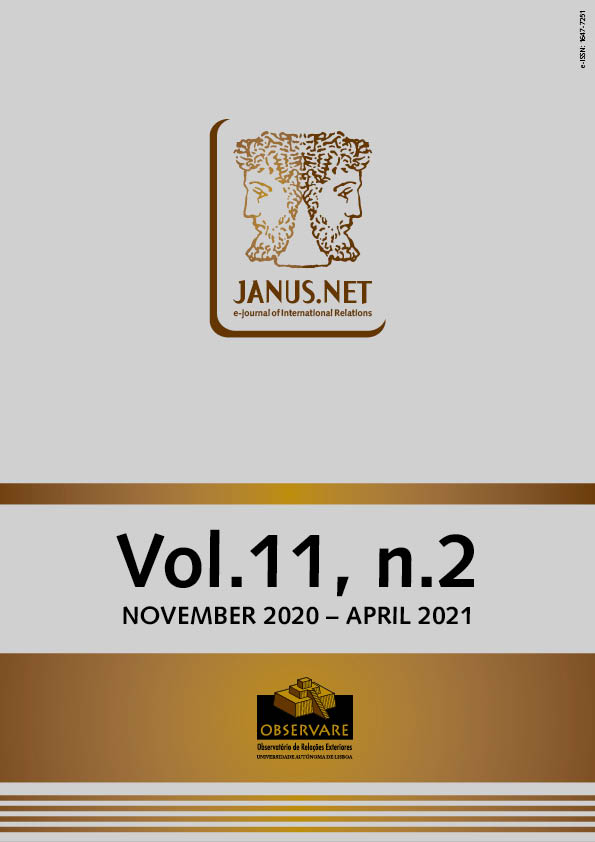The concepts of maritime safety and maritime security were based, originally, on different aims, objectives, and perspectives. However, currently, most of the international maritime safety conventions have started to cover both aspects. In the analysis of most incidents and accidents at sea, it is quite difficult to delimit safety and security matters and, normally, after a breakdown, it is useless to do it since the planning and response to risks are usually given in an integrated manner. On the other hand, we are witnessing a progressive extension of the concept of maritime safety to include protection (or security) matters simultaneously with the emergence of a new type of threats that are always present from the moment computers are connected to networks anywhere the world: cyber threats! With ships equipped with new advanced technologies, protection against cyber-attacks is more important than ever. These technological advances have become an easy and high-priority target for cyber criminals. With this behaviour, they can pursue their purpose of attacking ships’ systems and, from them, different systems ashore. The digitization of the maritime industry took place very quickly. However, it has become essential for seafarers not only to understand and adopt these new technologies, but also to take a cautious attitude towards certain events that can follow in the wrong direction in a short period of time. A new stage of maritime readiness is envisaged, which needs a robust and well-defined “code” that broadens and concretizes a “new” concept of maritime safety in the broad sense that reinforces international maritime conventions and their application. The responsibilities of the “Flag States” and “Port States”, under the terms of the United Nations Convention on the Law of the Sea (UNCLOS) and international maritime conventions as laid down in the different Memoranda of Understanding (MoU) at world level and in the documents of the IMO and other international organizations (such as the European Union), should be updated and start to consider, also, maritime security matters. In addition, it is essential to support close cooperation in the fields of maritime safety and maritime security with a view to drawing up a new and robust “Maritime Code”. This will be the guideline pursued, with the intention, at this moment, to “shake and roll” this matter towards a new regulatory stage.
THE IMPACT OF CYBERSECURITY ON THE REGULATORY LEGAL FRAMEWORK FOR MARITIME SECURITY
duarte.faria@apsinesalgarve.pt
Holder of Ph.D. in International Private Law from the University of Extremadura and in Corporate Law from the Faculty of Law of Lisbon with a research thesis in Maritime Law. Holder of a Master Degree and a Bachelor Degree in Law, Faculty of Law of Lisbon and of a Bachelor Degree in Military-Naval Sciences from the Navy Academy. As a Navy Officer he attended several courses in naval operations, communications and electronic warfare and performing duties on board ships and ashore, namely, at the Portuguese Navy Staff. He is a visiting professor at the Faculty of Law at Nova University of Lisbon, the Navy School and at the Navy Higher School Infante D. Henrique, a lecturer at the Military University Institute and a researcher at CEDIS, CINAV and at CIDIUM. He held several management positions at the Maritime and Port Institute (IMP), in the Administration of the Ports of Setúbal and Sesimbra (APSS, SA) and in the Administration of the Ports of Sines and Algarve (APS, SA).
Resumo
Palavras-chave
Como citar este artigo
Faria, Duarte Lynce de (2020). “The impact of cybersecurity on the regulatory legal framework for maritime security”. In Janus.net, e-journal of international relations. Vol. 11, No. 2 Consulted [online] at date of last visit, DOI: https://doi.org/10.26619/1647-7251.11.2.10
Article received on 21 March, 2020 and accepted for publication on 23 September, 2020















